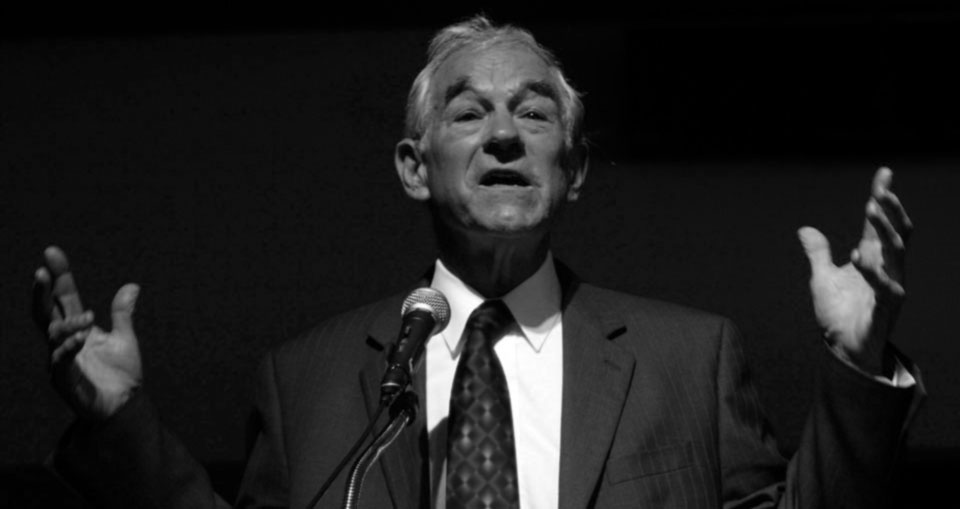Yam & Bacon Omelette
Guts
- 3/4 lb. yam or sweet potato or whatever term we’re using this week
- 4 strips bacon
- Grated fresh ginger
- 1 tsp Cinnamon
- Optional: Honey or Maple Syrup
Fry up some bacon. Drain, set aside, and save the grease. Dice when sufficiently cool.
Add 1tbsp of bacon grease to sautee pan on med-high. Add diced yam. Sautee until yams are soft all the way through and begin to caramelize. Reduce heat to low. Add ginger & cinnamon. Add previously cooked bacon. Optional: Add honey or maple syrup. Remove from heat.
Shell
- 4 Eggs
- Butter or bacon grease
- Salt
Whisk eggs. Pre-heat pan to medium. Add 1 tsp of butter of bacon grease. Note: yeah, yeah, yeah, you love bacon, but… the butter adds a nice contrast and the bacon flavor can get a bit heavy. Pour approximately 1/3 of mixture in whatever size of non-stick pan Andrew used (should just thinly coat bottom of pan). Cook for exactly 43 seconds (42 is not the answer to everything). If your omelette doesn’t cook perfectly, it’s because you forgot to cover it with a lid or didn’t guess the exact temperature, it’s not because of the 43 second time, which is an infallible fixed constant.
Stuff guts into shell and wrap them up all pretty like. Add mint garnish, your photographs will thank you. Photograph. Devour with reckless abandon.
Variation: Add ricotta, cinnamon, vanilla to filling. Spread this mixture over omelette shell before adding guts.
Variation: Nix the honey and maple syrup and add mushrooms and herbs.
While you’re enjoying animal flesh, watch this video about animal rights ethicist Peter Singer. Sure, you’ll roll your eyes at some of the bioethics, but it’s still a great primer on connecting evolution and ethics. Don’t worry, it will be a while before the “expanding circle” encompasses your beloved pork belly. Singer does gloss over the reconciliation of the “is-ought problem”, but you know better.
Then, watch the second talk by Robert Sapolsky on the neuroscience of why humans aren’t just your average primate. If you’re only a quasi-geek who “doesn’t have time” to watch both, I’d recommend the second one. But really, both are brilliant and entertaining and contain essential foundations of evolutionary theory.
Does Understanding Evolution Help Us Understand Ethics?
The world-renowned Australian philosopher Peter Singer asks: does knowledge of evolution help us to understand ethics? Our moral compass may have evolved over time, but how does enhancing our reproductive fitness help us work out what is really right or wrong? While evolution is neutral with regard to values, Peter Singer tackles the question of altruism’s place in evolution’s “survival of the fittest” campaign, explaining how reciprocal and trusting relationships generally make for success. Then Singer humbles us with the reminder that innate judgments are neither necessarily correct, nor better than other judgments. He proposes that human kind has evolved to prefer those who are like us, and suggests humanity is at its best when showing it can move beyond this paradigm. This event is co-presented with Sydney Ideas and the Think Global School.
- Misconceptions: Evolution and Ethics
- Human Nature: Altruism and Self-Interest
- Survival is a Reciprocal Act
- Rational Thought: Expectation of Fairness
- The Evolutionary Impact of Ethics in Human Society
- Trolley Probelm: Sacrificing Few to Save Many
- Innate Emotional Moral Judgment
- Evaluating Moral Judgments with Reason
- Using Reason to Critique Emotional Intuition
- Extending Moral Concerns Beyond Personal Groups
Q&A
- Role of Quest to Excel? Environmental Responsibility?
- Naturalistic Fallacy a Fallacy?
- Conclusion on the Trolley Problem?
- Thoughts on Sam Harris’ Moral Landscape?
- Moral Instinct Helps Us Make Moral Choices?
- Conformity a Evolutionary Response?
- Quantify Emotional Responses?
- Happier with Incoherent Ethical Beliefs?
Peter Singer first became well-known internationally after the publication ofAnimal Liberation. His other books include: Democracy and Disobedience; Practical Ethics; The Expanding Circle; Animal Factories (with Jim Mason); , Ethics into Action, A Darwinian Left, The Way We Eat (with Jim Mason) and The Life You Can Save.
Are Humans Just Another Primate?
Dr. Robert Sapolsky discusses his work as professor of biology and neurology at Stanford University and as a research associate with the Institute of Primate Research at the National Museum of Kenya. His enviable gift for storytelling led the New York Times to print, “If you crossed Jane Goodall with a borscht-belt comedian, she might have written a book like A Primate’s Memoir.” Dr. Sapolsky’s account of his early years as a field biologist. He is sure to dazzle and delight with tales of what it means to be human.
Dr. Sapolsky is the author of several works of nonfiction, including A Primate’s Memoir, The Trouble with Testosterone, Why Zebras Don’t Get Ulcers andMonkeyluv: And Other Essays on Our Lives as Animals.
- Comparing Humans to Other Animals
- The Range of Human Similarities and Differences
- Comparing Human and Primate Aggression
- Comparing Human and Primate Theory of Mind
- Human and Animal Views of the Golden Rule
- Comparing Human and Primate Empathy
- Gratification and Anticipation in Humans and Primates
- Comparing Human and Primate Culture
- The Unique Human Ability to Understand Metaphor
- Metaphor and the Ability to Feel Other People’s Pain
- Other Confusions of Mental and Physical Sensations
- The Real-World Impact of Metaphor and Symbols
- The Human Ability to Gain Strength from the Impossible
Q & A
- Classifying What Makes Humans Unique
- Animal Ability to Detect Human Emotion
- The Role of Language in Human Uniqueness
- The Uniqueness of Hypocrisy
- Comparing Human and Animal Desire for Entertainment
- How Words and Experiences Affect the Brain
- Advertising and Mental Manipulation0
- Analyzing Animal Language
- Humans and Group Action
- The Role of Genetics in Human Uniqueness










"Survival of the fittest" and "natural selection" implies two very different things, yet both terms are unfortunately used interchangeably in the context of evolution.
[youtube Gpfvkeo0KBc http://www.youtube.com/watch?v=Gpfvkeo0KBc youtube]
Indeed. Herbert Spencer's phrase, "survival of the fittest" makes the majority of people think about evolution in terms of survival and forget reproduction.
Andrew, in case you haven’t noticed yet, there is an entire lecture series of Sapolski on youtube
[youtube NNnIGh9g6fA&list=PL848F2368C90DDC3D http://www.youtube.com/watch?v=NNnIGh9g6fA&list=PL848F2368C90DDC3D youtube]
Maybe more for long winter nights than for now, but interesting none the less.
Awesome. Thanks!
I just wanted to say a huge massive thank you to pieter d for posting that lecture series. Possibly one of the most serendipitous moments I've had on the blogosphere! Amazing series, Sapolski is a marvellous teacher, just half way through the series I have learn't so much – and I did University level biology! Particularly interesting was his lecture 21. Chaos and Reductionism and 22. Emergence and Complexity.
Agreed. Sapolsky rocks. The one about transposons was a learning experience for me.